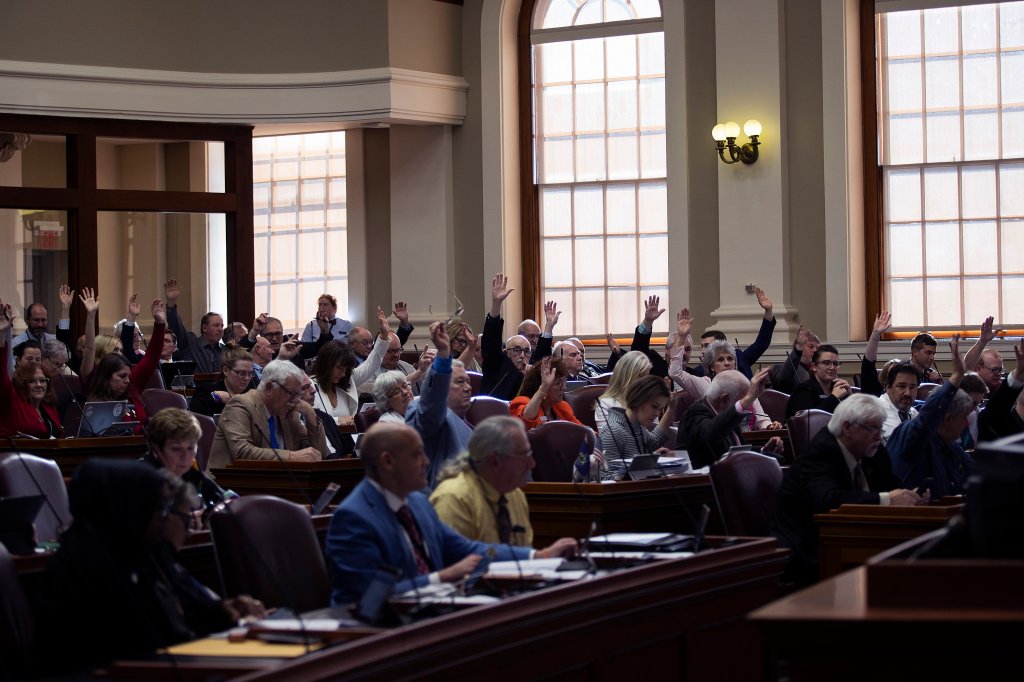“There are a lot of important bills that deserve to be funded and will make a difference in the lives of Mainers.”
Christine Kirby, the communications director for Senate President Troy Jackson, summed it up well in this simple statement last week.
The 131st Legislature finished its session (at 5:30 a.m., with the sun up) without funding a host of bills that were approved by the House and supported by the Senate – and have the potential to bring about positive change around the state. About $11.4 million was left unappropriated.
By the middle of the week last week, it was unclear whether or not the appropriations committee would return, in a special session (which has to be supported by a majority in each party) or an extension of the session, to fund those bills.
The remaining funding that could be allocated to revive bills that might otherwise die on the table will, if not allocated, be carried over to the next session. Spending “the very last penny,” in the words of Sen. Peggy Rotundo, Senate chair of the Appropriations and Financial Affairs Committee, is not advised or commonly done.
Even so, the more efficient and effective course of action would seem to us to be to resume work on good work that has already been carried out. The list of missed opportunities here is potentially very long. Among the very worthwhile measures that still need funding are a bill that would require insurers to cover nonprescription birth control; a bill that would expand property tax relief for low-income older adults; and a bill introduced by Speaker Rachel Talbot Ross that would establish a civil rights unit in the attorney general’s office make new resources available to schools to teach African American and Wabanaki studies.
Could these and others be funded on or after so-called veto day? Nobody seems to know for sure.
It’s a strange state of affairs when the best available guidance on the question of whether the return to vote on gubernatorial vetoes may be used for other business dates to 1977, when then-Attorney General Joseph E. Brennan highlighted some options available to the Legislature.
That’s the thing: Options are available. We hope that our legislators will take full advantage of them, set some new precedent – and realize the full potential of their work in the process.
Related Stories












Invalid username/password.
Please check your email to confirm and complete your registration.
Use the form below to reset your password. When you’ve submitted your account email, we will send an email with a reset code.